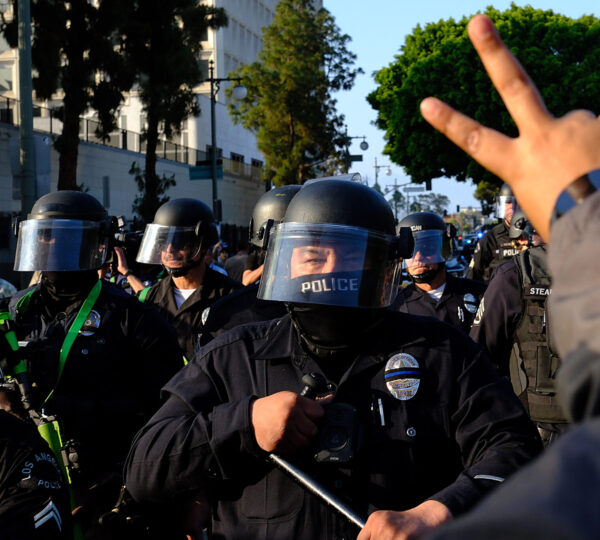
California is now fully prepared to take immediate legal steps should former President Donald Trump attempt to deploy federal forces into San Francisco. Governor Gavin Newsom has intensified his opposition, framing the issue not just as political but as a constitutional and state sovereignty matter. His statements highlight a growing clash between state and federal authority over domestic troop deployments.
The tension comes after the Trump administration sent National Guard units to cities like Chicago and Portland, sparking protests and legal challenges. Over the weekend, Trump reiterated his plans to target San Francisco during an appearance on Fox News with Maria Bartiromo, calling the city “a mess” and claiming it’s “on my target list.” He added, “San Francisco was once one of the great cities in the world, and then 15 years ago, it went woke.”
State and local leaders have pushed back strongly against those claims. In fact, data shows the city is seeing improvements: overall crime has dropped roughly 30% since 2024, murders are at a 70-year low, car break-ins are down to the lowest in over two decades, and tourism and office occupancy are rebounding.

Newsom, who served as San Francisco’s mayor from 2004 to 2011, has been particularly vocal. He called any troop deployment “unnecessary” and stated: “We don’t bow to kings. We’re standing up to this wannabe tyrant.” He added, “The idea that federal forces could enter our cities without oversight, accountability, or respect for state authority is a direct attack on the rule of law.”
City officials are in agreement. Mayor Daniel Lurie emphasized that while fentanyl remains a serious street-level issue, sending troops is not the solution. District Attorney Brooke Jenkins said: “No local leaders want the National Guard deployed under the direction of the Trump Administration.” Officials stress that federal troops cannot legally act as local police, and deployment would not allow arrests or criminal investigations, contrary to Trump’s suggestions.
The legal preparations are already underway. After Salesforce CEO Marc Benioff suggested the National Guard could act as police in San Francisco, he faced backlash and apologized. Newsom is coordinating with Attorney General Rob Bonta and City Attorney David Chiu, all pledging legal action if Trump moves forward.
California has faced similar battles before. Earlier this year, Newsom and Bonta filed a lawsuit challenging the federalization of roughly 4,000 California National Guard members, arguing it violated the Constitution, including the Tenth Amendment and federal law under 10 U.S.C. § 12406. While many troops returned to state control, about 300 remained federalized and were sent to Portland and Chicago. A federal judge recently ruled the Los Angeles deployment likely violated the Posse Comitatus Act, which limits domestic law-enforcement roles for federal troops.
Mayor Lurie told the Board of Supervisors this week that the city is preparing a response team to monitor any federal action, involving public-safety leaders, the city attorney’s office, and department heads. “We’ve been preparing for the possibility of the National Guard being deployed to San Francisco since day one of my term,” he said.
As legal and political tensions rise, California’s leadership has drawn a firm line: unauthorized troop deployments will face immediate court challenges. The unfolding standoff raises urgent questions about the limits of federal authority and the role of domestic military power in a democratic society.


